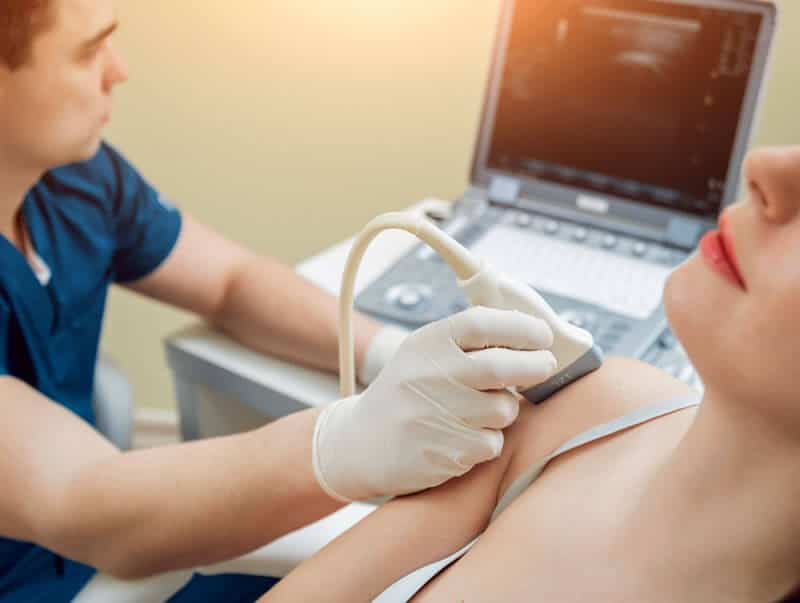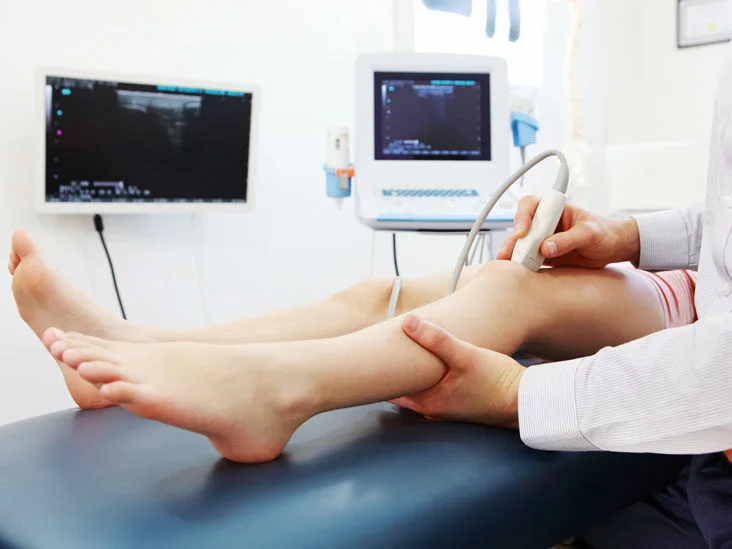Abdomen and Pelvic
£345
Abdominal and pelvic ultrasound is a non-invasive imaging technique used to visualize the structures within the abdomen and pelvis, providing valuable diagnostic information for a wide range of conditions. At London Private Ultrasound in Central London, we offer advanced abdominal and pelvic ultrasound services to provide comprehensive evaluation and personalized care for individuals with abdominal and pelvic health concerns. Let’s explore the uses, benefits, and diagnostic applications of abdominal and pelvic ultrasound:
Uses and Benefits:
- Diagnostic Tool: Abdominal and pelvic ultrasound is used to evaluate the organs and structures within the abdomen and pelvis, including the liver, gallbladder, pancreas, kidneys, uterus, ovaries, and bladder. It helps diagnose various conditions such as liver disease, gallstones, kidney stones, ovarian cysts, and pelvic inflammatory disease (PID).
- Screening and Monitoring: Ultrasound is used for screening and monitoring the progression of certain diseases and conditions, such as liver cirrhosis, kidney disease, and pelvic tumors. It provides real-time imaging, allowing for dynamic assessment of organ function and blood flow.
- Guidance for Procedures: Ultrasound provides real-time imaging guidance for various procedures, including liver biopsy, kidney biopsy, pelvic cyst aspiration, and intrauterine device (IUD) placement. It ensures accurate placement of needles and instruments for optimal outcomes.
Book an Appointment
Private Ultrasound Clinic
All part of our services, from our specialists to our technology and, of course, our clinic, is designed to deliver the greatest possible experience for all of our patients and visitors.
We are conveniently located a stone throw famous Harley Street of London and our clinic is a place where you may feel safe and clean, comfortable, and reassuring environment.
Central London Branch: 27 Welbeck Street, London, W1G 8EN
St Albans Branch : 54-56 Victoria St, St Albans, AL1 3HZ
Tel: 020 7101 3377

Why do I need to have an abdominal and pelvic ultrasound scan?
You may wish to have this scan performed if you experience:
- Generalized abdominal and pelvic pain, discomfort, bloating, vomiting,
- Abnormal blood tests, fatty liver, gallstones, liver cirrhosis, yellow skin (Jaundice), cysts, polyps, tumours, cancers, or inflammation
- Have been previously diagnosed with any abdominal and pelvic issues and would like to monitor progress or resolution
- Would like a check-up to ensure normal appearances of your abdominal and pelvic organs, PID (Pelvic inflammatory disease).
- Painful pelvic, heavy, irregular, frequent or infrequent periods, Polycystic ovaries, Effect of hormone replacement therapy
- Endometriosis, Endometrial thickness, History of fibroid, Infertility,
- Abnormal vaginal bleeding or discharge, Vaginal bleeding after menopause, Spotting between periods, Endometrial polyp
- Detection of tumours and cancers, or coil position
- Pain and/or bleeding during or after sexual intercourse
- Have a family history of abdominal and pelvic issues
- Difficulty conceiving or have had recurrent miscarriages
What does the abdominal and pelvic ultrasound scan include?
In this scan we will
- Scan your Liver, Gallbladder, Pancreas, Abdominal Aorta, Spleen, Kidneys, Uterus, Ovaries, fallopian tubes and all other surrounding tissues.
- Take your relevant medical history
- Provide up to 10 minutes consultation
- Explain all findings during and after your ultrasound scan
- Write an official scan report within 24 hrs, with related images included in the report
- Recommend a follow-up ultrasound scan if necessary
- Offer GP or specialist referral and a Blood Test if needed
What is the most common finding of an abdominal and pelvic ultrasound scan?
There is a wide range of findings we may find during your abdominal and gynaecological pelvic Ultrasound scan assessment aside for normal findings, the most common are:
- Benign or malignant findings in liver, kidneys, spleen, pancreas, uterus, ovaries, lining of the womb, including kidney stones and gallstones.
- Fluid collection in the abdominal or pelvic cavity
- Obstruction and cause of obstruction in any abdominal or pelvic organs
- Enlargement or inflammation of the abdominal and pelvic organs
- Enlarged lymph nodes
- Abdominal Aorta dilation (Aneurysm) or stenosis
- Uterine fibroids, ovarian cysts, PCOS, endometrial polyps, fluid-filled fallopian tubes
- Uterine malformations (the shape of the womb may vary)
- Adenomyosis and/or endometriosis
Would I need a blood test?
In some cases, we will recommend a relevant blood test.
What kind of preparation do I need?
- You will be asked be fasting at least 4-6 hours before your abdominal ultrasound scan appointment (please exclude having tea, coffee, or porridge)
- You must finish drinking one litre of water one hour before your appointment
- If you have diabetes, please eat and drink as usual.
- If you are on medication, please take your medicines on time.
What happens during the abdominal and pelvic ultrasound scan?
Our Ultrasound Specialists will explain the procedure before your scan. You will be offered to perform this scan in two parts: on top of your tummy for abdominal and pelvic views and transvaginally for higher quality pelvic views. You will be provided with a gown to respect your modesty in the likelihood of an internal scan. A small amount of water-based gel will be applied to your abdomen after which our specialist will move the probe on your skin to produce high-quality diagnostic ultrasound images. After you empty your bladder, the tip of the transvaginal probe covered with a latex-free probe cover and a small amount of sterile gel will be inserted into the vaginal canal. You may feel mild discomfort during your ultrasound scan depending on the symptoms you are presenting with, however you can stop or pause the examination at any moment. An abdominal and pelvic ultrasound scan is regularly completed within 30 minutes. Our Sonographer will recommend the best course of action, depending on the ultrasound scan findings.
When will I get the results?
You will receive your results verbally after the scan. However, the Sonographer will examine the relevant images after your appointment and prepare a written report after your scan or within 24 hours with any recommended actions. The report will be sent to you so that you can discuss the findings with your doctor, if required.
What are the risks of an abdominal ultrasound?
There are no risks or side effects associated with the Abdominal and Pelvic ultrasound scan. Ultrasound does not use any radiation, which is why doctors prefer to use them to check on developing babies in pregnant women. Your safety is one of our top priorities; therefore we strictly adhere to BMUS guidelines for the safe use of Diagnostic Ultrasound Equipment and scanning times, as well as respect ALARA principle (As Low As Reasonably Achievable).



